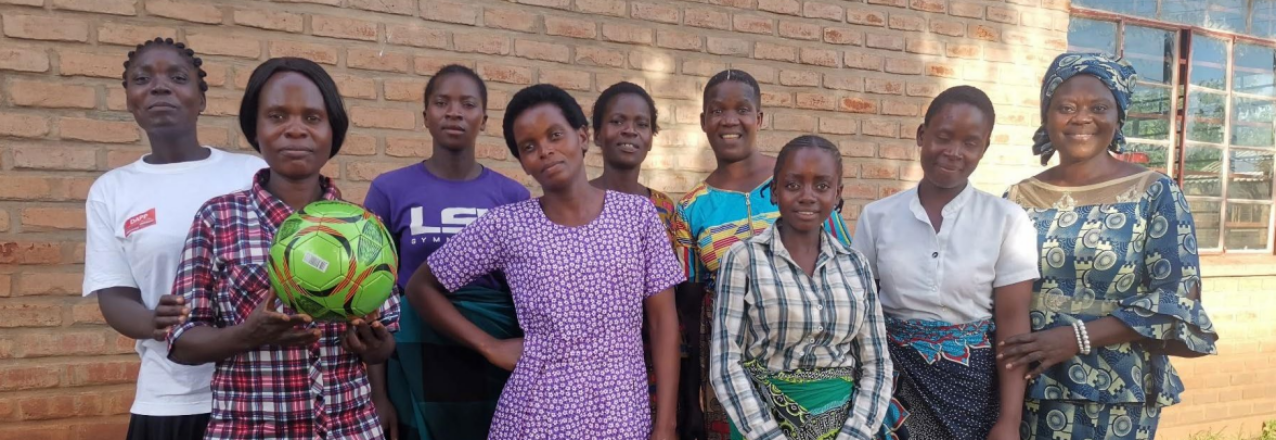Introduction
The government of Malawi enacted a series of land laws in 2016, including the Customary Land Act 2016 which requires all customary land holders to formalize ownership through registration of their parcels. Formalizing land rights in customary estates through titling can improve security of tenure. However, unless the process of formalizing land rights looks beyond the technical and legal components to address the social and cultural norms and attitudes that often undermine women’s land rights, there is potential risk of formalizing exclusion of women and other marginalized groups according to identities such as age, marital status, disability, and ethnicity, among others. The customary laws and practices that do not recognize equitable property rights will render formal legislation ineffective at ensuring gender equality and social inclusion in property rights. Both the matrilineal and patrilineal systems are associated with some form of discrimination when it comes to land rights between men and women. The general practice that affects a person’s rights to land is the place of residence after marriage, as inheritance is the principal way in which a person owns land in customary set ups.
The United States Agency for International Development (USAID) Integrated Land Resource Governance (ILRG) Project supported the government of Malawi to systematically document customary land rights in the Traditional Land Management Area (TLMA) of Mwansambo in Nkhotakota district. ILRG provided technical assistance to a district-level land registry and clerks; promoting the inclusion of women and youth in the land documentation process through updated gender-responsive guidelines, manual, and tools; engaged key stakeholders to shift gender norms around women’s land rights at institutional, community, and household levels; and convened dialogues with national and international stakeholders to discuss lessons learned and build positive momentum on gender and customary land documentation work.
An initial gender assessment showed that Traditional Authority (TA) Mwansambo is a predominantly Chewa matrilineal society (which normally has broader women’s rights to land), but due to social and economic changes, the predominant form of marriage has shifted to “Chitengwa,” a patrilocal system that tends to restrict women’s lands rights. Women’s lower literacy and education levels prevent them from knowing their land rights and taking on opportunities to participate in governance structures. Women are also limited in their membership and leadership in governance committees due to gender norms that associate leadership and decision-making with men. Women’s participation is further constrained by a disproportionate share of unpaid household and caring responsibilities and the need to travel to attend meetings, which triggers norms about women’s mobility, safety, and freedom to interact with men outside of their family. Although the government’s 50:50 campaign that establishes representation quotas is improving the situation, women’s full and meaningful participation is compromised by gender norms that push women to be deferential to men. Customary Land Committees (CLCs) were formed across TA Mwansambo as part of the land registration process with a 50:50 gender quota. It is critical to provide women elected to leadership positions with the technical and socioemotional skills necessary for them to meaningfully participate and influence land governance decisions.
This manual is a tool for supporting women leaders to acquire knowledge and socio-emotional skills that will enable them to play an effective and meaningful leadership role in CLCs. The empowerment and leadership training program is focused on fostering self-confidence and building socioemotional/interpersonal skills that will support women to navigate gender barriers at their households and communities and to engage in local natural resource governance. With increased leadership skills, women elected to community governance bodies will 1) play an effective role in decision-making, 2) become effective leaders to represent the needs and interest of other women, and 3) become role models/resources to other women in their communities.


